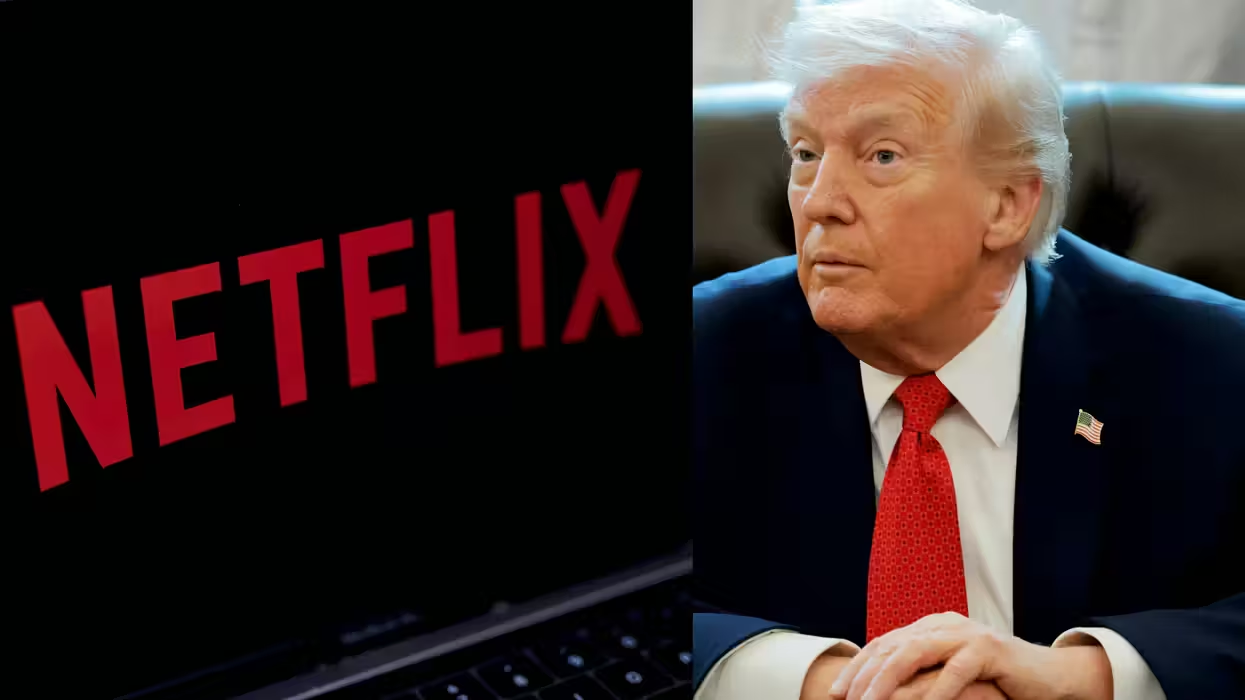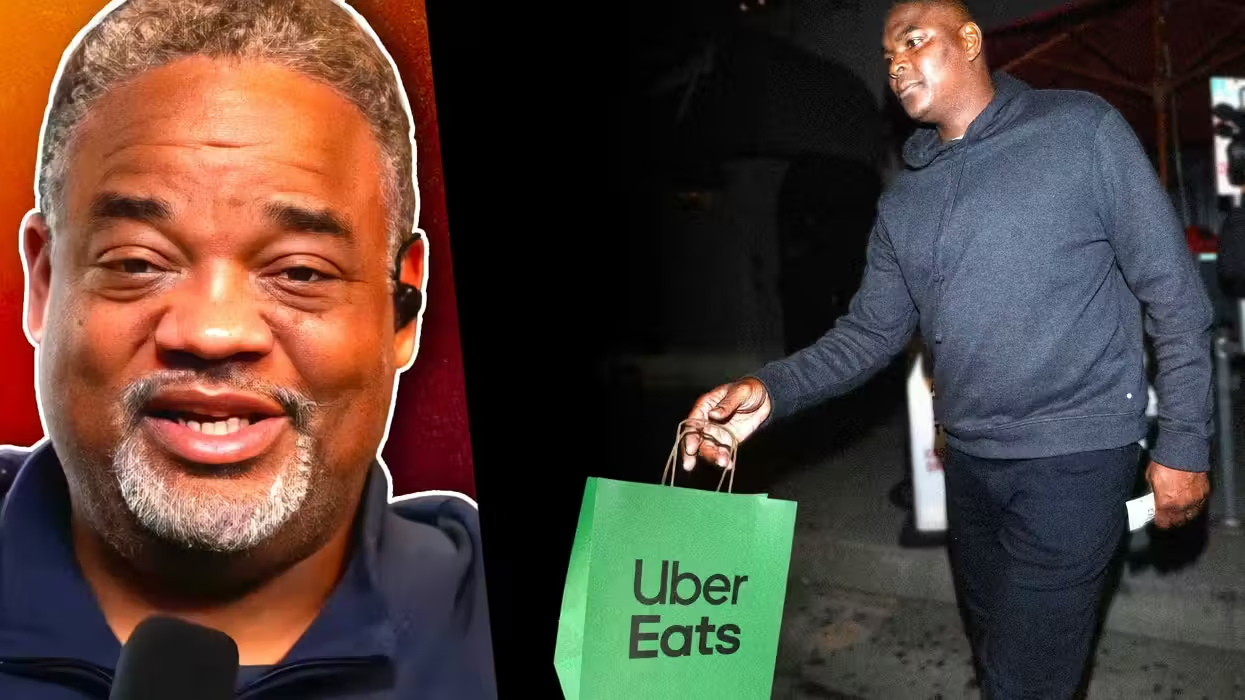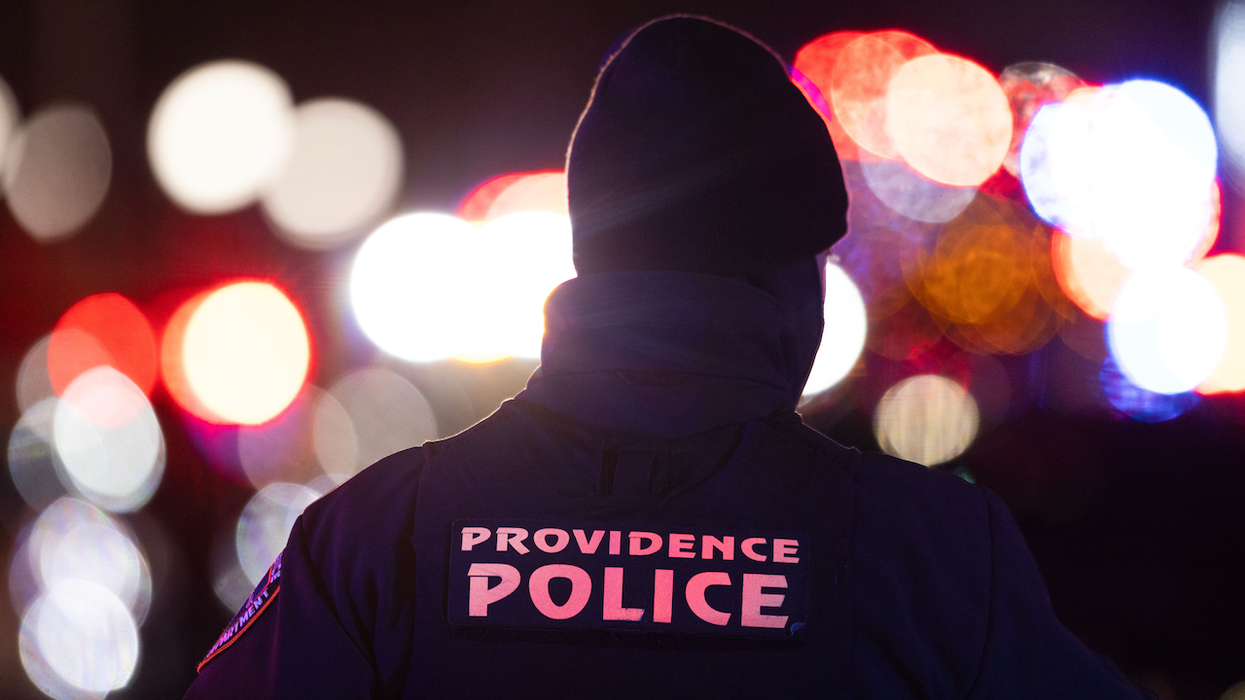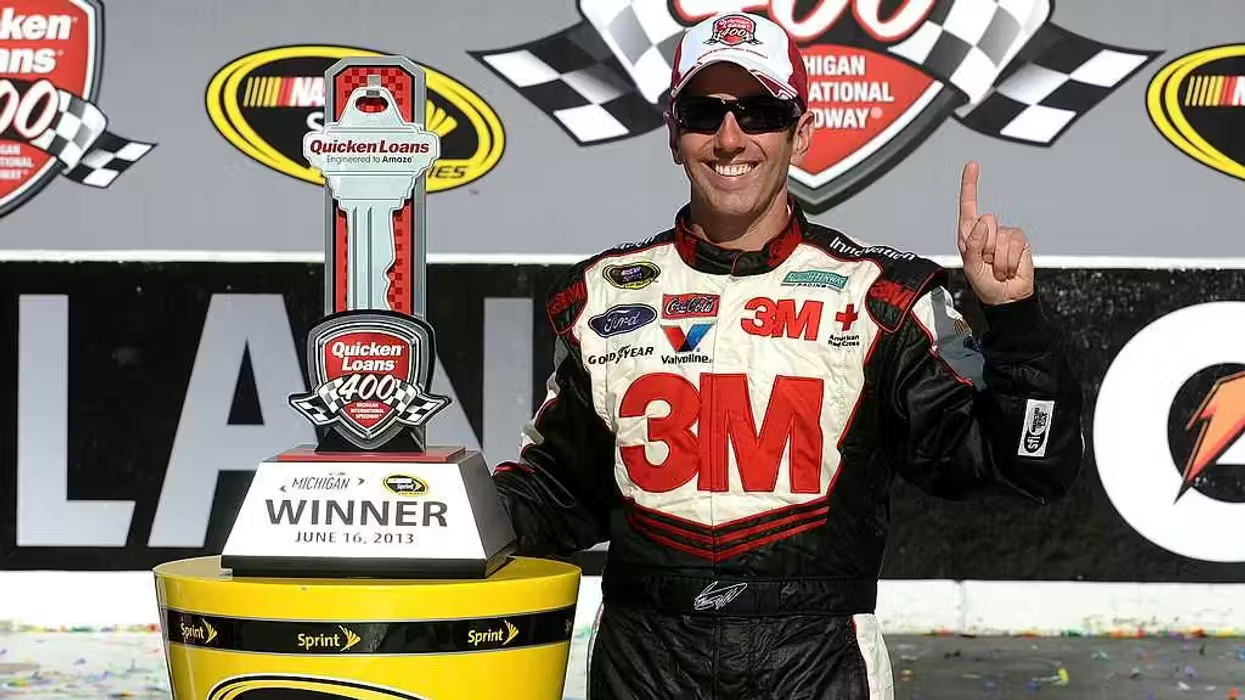
© 2025 Blaze Media LLC. All rights reserved.
This Christmas, 60,000 homeless New Yorkers are feeling the sting of failed Big Government policies that were instated to help them.
New York City’s (Marxist) Mayor Bill de Blasio recently expanded his administration’s 2016 budget for homeless services to $1.6 billion, a historic high and a 60 percent increase from when he took office in 2014. An even more damning commentary on the mayor’s hopeless governance is the source of de Blasio’s record budget.
“Funding from city funds seems to be flat,” Doug Turetsky of the city’s Independent Budget Office told The New York Times. “Any increase in the overall budget seems to be driven by state and federal aid.”
Improving the city’s homelessness problem was a key platform of de Blasio’s 2013 campaign, but as a new election year draws near, New York’s homeless population has risen by close to 20 percent — including nearly 24,000 in the city’s shelters.
“They keep creating new programs because they still believe that they will find a magic bullet,” Lilliam Barrios-Paoli, a former New York City deputy mayor who oversaw homelessness until she resigned last year, recently told The Wall Street Journal. “Sometimes it is easy to get caught up in the immediate crisis and to forget that you need to step back and create more permanent solutions.”
What sort of solution would it take to eliminate a problem as pervasive and complicated as homelessness? On whom or on which group should this responsibility fall? In other words, whose job is it to care for these individuals? The federal government? The city? Churches and nonprofits? Local residents?
James Winans, chief development officer at The Bowery Mission, a faith-based homeless shelter located on Manhattan’s Lower East Side, told Conservative Review that he believes all of these groups have an important and irreplaceable role to play in combatting homelessness.
“Homelessness is a crisis in our entire community, and so it takes the entire community to respond,” Winans said. “We actually feel like government, nonprofit organizations, churches, individuals all have a role to play. It actually takes all of us together, working together, to [a]ffect this problem. It’s not something any one sector of our society is going to solve on its own.”
The Bowery Mission embodies the economic principle of subsidiarity, which holds that what can be accomplished by smaller bodies should not be usurped by larger, more complex institutions. The idea is that local organizations are best equipped to handle local issues, because they are more intimately tied to these issues than a larger, faceless government entity.
Aside from one city partnership serving 77 program participants at a time, the Bowery Mission is privately funded. Since its founding in 1879, the shelter has relied on the generosity of individuals, businesses, and other local institutions to keep its doors open.
CDO James Winans, who first began serving in one of the Bowery’s men’s recovery programs 17 years ago, told CR that high-dollar government programs are often unsuccessful because they only focus on immediate, material needs like food and shelter. A complex problem like homelessness requires a personal, human response that addresses the physical, emotional, and spiritual needs of these individuals.
“The city of New York is going to invest $1.6 billion this year in the problem of homelessness,” he said. “And we feel like their response is not holistic enough — that, in fact, it’s a community-based organization like the Bowery Mission that can actually offer a holistic response.”
According to Winans, when it comes to long-term recovery, community is key. The Bowery provides the same services as many shelters — meals, lodging, showers, clothing, and medical care — all in a “community of care.” And what sets this mission apart is its dedicated community of staff, volunteers, Christian church leaders, and donors that is truly invested in the personal well-being of its individuals. “We want to invite people to change the direction of their life,” Winans said.
The Bowery’s residential recovery program was created with this major goal in mind. The one-year program offers counseling, the mission’s daily chapel services, job-training classes, and assistance in reconnecting with family, all while living in that community of care.
Winans noted that, for all of the stereotypes, for some homeless people, all it took was a health crisis, the loss of a job, or a dissolving marriage for them to find themselves on the street.
More than money, he said that the homeless people he meets are longing for something many people take for granted: a support system. In order to meet this crucial need, the Bowery Mission staff relies on thousands of volunteers who are willing to invest their time in someone else’s future.
“People giving generously of their time creates a community where life transformation happens,” Winans said.
The Bowery area, once referred to as New York’s “Skid Row,” is now a bustling cosmopolitan district with high-end stores, restaurants, and museums. And though some may assume that a homeless shelter would deter urban renewal, the Winans has found that many of these businesses are eager to partner with the Bowery Mission and share their prosperity with the less fortunate in New York City.
For example, this holiday season, a designer shoe store across the street from the mission is running a shoe drive, encouraging customers to donate their old pairs of shoes to the shelter. The store has even offered to repair badly worn shoes for free.
The Bowery Mission staff has been able to witness the power of private charity and the spontaneous order that emerges in the absence of notoriously inefficient Big Government programs. And while gigantic bureaucracies with an endless flow of cash can’t help but continue getting in their own way, the effectiveness of the mission community approach speaks for itself. Subsidiarity works, and it can be applied in any community — big or small.
“Make no mistake about it: There is homelessness in every community,” Winans told CR. “Be it urban, rural, suburban communities, there are people experiencing life without a home. Life without a support system. Life without a support structure.”
James Winans understands that human problems require human solutions. Flourishing occurs when individuals acknowledge their duties as not merely compulsory taxpayers, but neighbors, leaders, mentors, caretakers, and friends.
The Christmas season is always among the busiest times of year for the mission. And while this is to be expected, Winans believes that these people are looking for more than just physical warmth:
“The holidays [are] a time when people are seeking community. They’re seeking to not be isolated and lonely. They’re seeking to be … connected with others.”
It is this type of insight that has helped restore hope to so many people who have come to the Bowery Mission in a desperate state. It is something money simply can’t solve and simply can’t buy.
#mc_embed_signup{background:#fff; clear:left; font:14px}
/* Add your own MailChimp form style overrides in your site stylesheet or in this style block.
We recommend moving this block and the preceding CSS link to the HEAD of your HTML file. */
Want to leave a tip?
We answer to you. Help keep our content free of advertisers and big tech censorship by leaving a tip today.
Want to join the conversation?
Already a subscriber?
more stories
Sign up for the Blaze newsletter
By signing up, you agree to our Privacy Policy and Terms of Use, and agree to receive content that may sometimes include advertisements. You may opt out at any time.
Related Content
© 2025 Blaze Media LLC. All rights reserved.
Get the stories that matter most delivered directly to your inbox.
By signing up, you agree to our Privacy Policy and Terms of Use, and agree to receive content that may sometimes include advertisements. You may opt out at any time.






